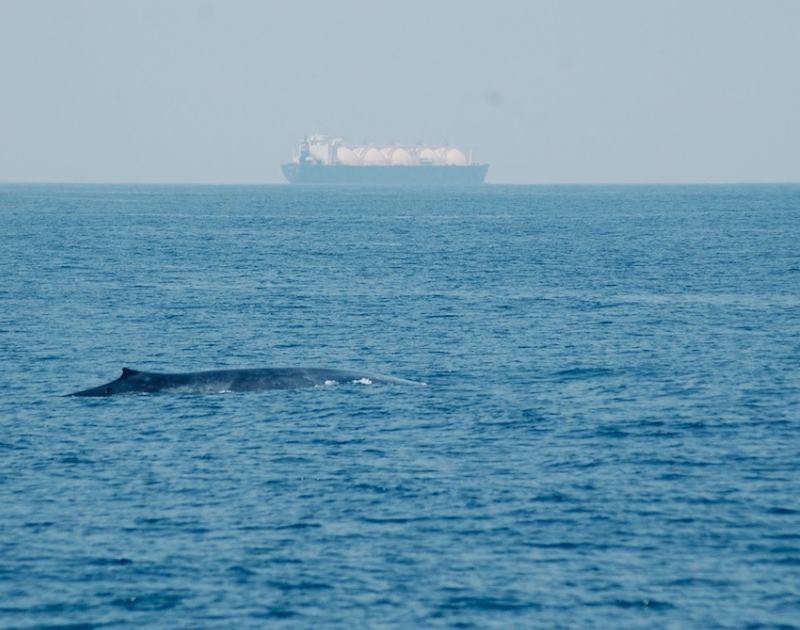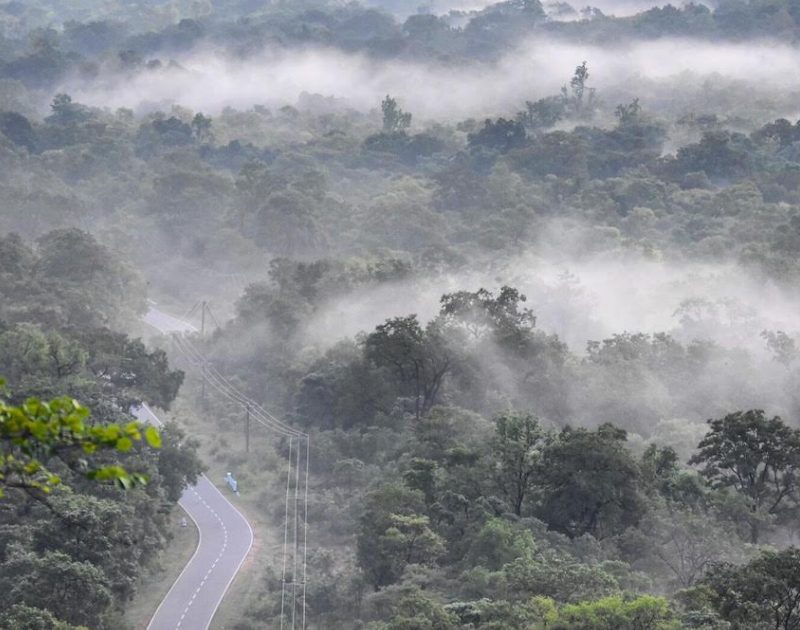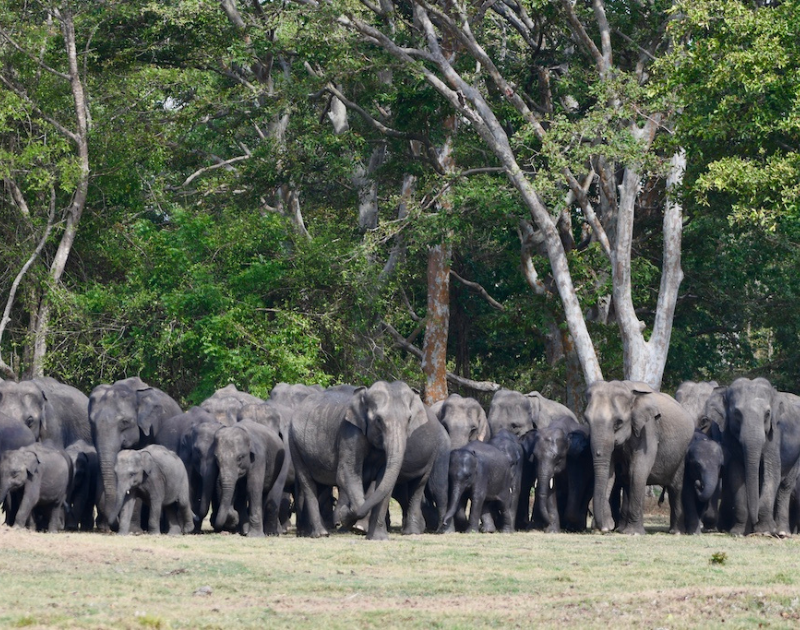
- Home
- Knowledge Insights
- New Publication: ‘Debt for Nature Swaps’ Knowledge Primer
CSF has released a new paper.
under its Natural Capital Forum to contribute to the ongoing debate and deliberations in Sri Lanka on the potential for sovereign finance instruments that are linked to nature, as one tool in achieving debt sustainability alongside sustainable financing for stronger environmental outcomes.
There is increasing global pressure for economies to extend their investments in climate action due to the added and ever-increasing environmental challenges. Various sovereign financing instruments linked to nature, like Debt for nature swaps (DFNS), provides developing economies under severe macroeconomic and public financial strain the opportunity to increase climate action and environmental outcomes, while taking new steps to tackle sovereign debt issues. There has been rising interest in debt for nature swaps in the recent years, especially in the post-pandemic era with increase in instances of sovereign debt crises in developing countries and emerging markets. With the help of various multilateral institutions, there has been an increase in traction and reports of debt for nature swap negotiations in process and of such deals that have already taken place.
DFNS provide countries a means of tackling sovereign debt issues, and strengthen public finances, while simultaneously making investments in conservation and improving environment outcomes. DFNS involve a deal in which the creditor forgives a partial or, in some cases, the full debt amount in exchange for a commitment to nature. They often exist in 2 forms, commercial debt for nature swaps and bilateral debt for nature swaps. Increasingly, private creditors are looking to deploy finance with a stronger sustainability lens, and have created frameworks to invest money in sovereign instruments – the financing envelopes available globally are substantial.
While debt for nature swaps have risen in popularity amidst negotiations and in recent conversation, they come with some limitations and challenges that must be taken into consideration. Countries embarking on this for the first time must carefully weigh the options and prepare sound frameworks in order to ensure credibility, transparency, and impact. As this paper notes, governments and country stakeholders must prepare their technical knowledge, and institutional and legal frameworks when embarking on instruments such as these for the first time. In Sri Lanka, some of these have already begun and are ongoing. Our paper argues that stakeholder collaboration in both the economics, finance, and public financial management fraternity as well as the environmental science, conservation and sustainability fraternity is key to ensuring that the right pathways are chosen, and good governance is embedded. With DFNS having taken place in several countries already, economies like Sri Lanka can learn from those examples and chart a smart path that is appropriate and meaningful for us.
To download and read the paper, click the link below
Debt for Nature Swaps Primer by CSF_Feb20232
This document is part of a series of knowledge products under the ‘Nature in Public Finance’ knowledge and advocacy programme, which aims to improve Sri Lankan stakeholders’ understanding on sovereign financing instruments that are linked to nature. They are meant to be discussion starters and contribute to the public policy debate around these topics, and bridge understanding between the economics, finance, and public financial management community, and the conservation, environmental science, and sustainability practitioner community. CSF is an Asia-focussed interdisciplinary public policy think tank based in Colombo, with a network of researchers, practitioners, and policy professionals around the world. To read articles from the Natural Capital Forum visit here.
Disclaimer: Views expressed in this paper are based on secondary research and are believed to be accurate at the time of writing. Any errors and omissions are regretted, and we welcome constructive feedback ([email protected]). CSF did not receive any external funding to produce this document.


